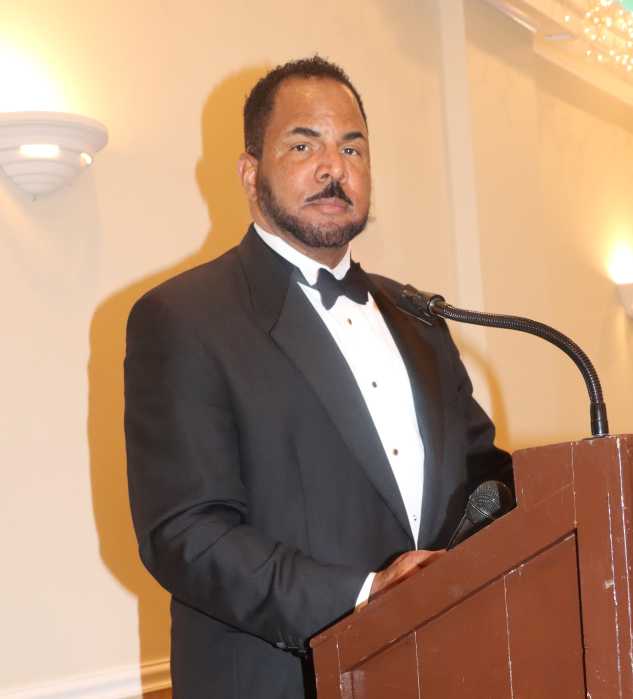No one is quite sure why Venezuela which has maintained a decades-old claim to large swaths of Guyana’s land and marine boundaries now would find it necessary to this week draw up a new offshore line off Guyana’s east coast that will virtually render the country as a landlocked state if it is allowed to have its way.
Speculation is rife that Guyana’s oil and gas-rich neighbor to the west has been irked and unsettled by the recent announcement from U.S. oil giant Exxon Mobil that it has found a mega oil and gas field at its Liza 1 well about 120 miles offshore Guyana at its very first drilling attempt. The well is said to contain the largest single find in the western hemisphere. There is a plan to drill at least one more in the coming months, so large is the find insiders say.
Back in 2013, Venezuelan naval vessels had moved in on a seismic vessel working for Texas-based oil company Anadarko, arresting and detaining its crew for more than a week, virtually chasing the vessel out of an area that Guyana firmly believes belongs to the Caribbean trade bloc nation. The company has since packed up and left and has indicated no date for its return.
Inspite of that, Exxon which has had its own problems with its investments in Venezuela, ignored the Anadarko incident and various forms of saber rattling from Caracas, went ahead to drill its well and strike oil in a 26-million acre concession granted by Guyanese authorities more than five years ago.
Writing on his own blog late last week, former Guyanese Ambassador to Venezuela and respected academic Odeen Ishmael pointed the country to the fact that President Nicolas Maduro had published a new decree in the country’s official gazette laying claim to a large area off Guyana’s northeast coast and stretching all the way to a part of northern Suriname.
The publication also had also included the new area of claim, setting off a tougher than usual reaction from Guyanese Foreign Minister Carl Greenidge who vowed in a statement that Guyana would not roll over, lie down and allow Venezuela to “annex” a large part of the country without domestic and international consequences.
Greenidge called the move by Caracas as part of a plan to nationalize “maritime spaces pertaining to the Republic of Guyana,” calling it a “flagrant violation of international law.”
Apparently rattled by Guyana’s reaction, Caracas gave a series of mixed signals in a mid week statement on the issue, calling for peace and brotherhood on the one hand and at the same time urging Exxon to abandon its well development and analysis because it is operating in Venezuelan waters.
The company has indicated no such intention and pointed authorities to the fact that all its arrangements are with the government of Guyana rather than Caracas, meaning that it will take no orders or urgings from Venezuela.
For its part, a Venezuelan government statement called Greenidge’s own release on the new demarcation line as one that will create “an artificial crisis” and described its language as “highly offensive.”
“The government of the Bolivarian Republic of Venezuela reiterates its desire for peace feelings and the brotherly people of Guyana, and reaffirms the invitation to his foreign minister to an early meeting so through political dialogue between brothers, continue along the path of cooperation and overcoming the historical dispute, which had its genesis in fraudulent actions of former colonial powers against Venezuela.
Caribbean leaders who are scheduled to meet in Barbados in early July, are expected to have a proper discussion on the issue as new President David Granger makes his debut at the regional summit. That border issue and the other involving CARICOM member state, Belize, are usually recurring issues on conference agendas.


























